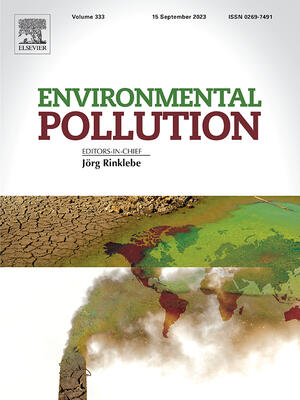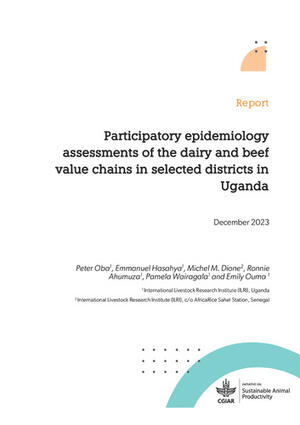
Human brucellosis in urban and peri-urban areas of Kampala, Uganda
Abstract
A retrospective case–control study of human brucellosis in urban, peri-urban, and rural areas in Kampala, Uganda was undertaken to find the risks associated with the disease using the medical records of Mulago National Referral Hospital (Mulago Hospital). From the Brucella agglutination test (BAT) records between June 2004 and May 2006, 652 positive results were found. The case–control study showed that living in urban areas was a risk factor for brucellosis. The numbers of improved and cross-breed cattle per 1000 households were calculated on the basis of data obtained from interviews of 75 randomly selected local councils (LCls) in an area between 5 and 20 km radii from the city center of Kampala. Cattle-keeping activities were, however, unpopular in urban areas compared to peri-urban and rural areas. Poor correlation between the distribution of human brucellosis cases and the distribution of cattle suggested that most of the brucellosis cases resulted from consumption of raw milk transported from peri-urban and rural areas of Kampala and/or dairy production areas outside Kampala.
Citation
Makita, K., Fèvre, E.M., Waiswa, C., Kaboyo, W., Bronsvoort, B.M.D.C., Eisler, M.C. and Welburn, S.C. 2008. Human brucellosis in urban and peri-urban areas of Kampala, Uganda. Annals of the New York Academy of Sciences 1149:309-311.










